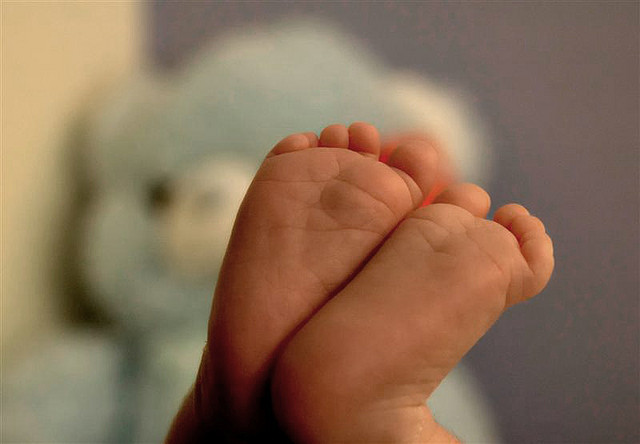Better than Condoms: Birth Control for Men

By: Erica Lee
Note: “Female” refers to people with uteruses and “male” refers to people with testes, as not all women have uteruses and not all men have testes.
Men don’t have much choice if they want to take responsibility for birth control, right? They can either have their vas deferens cut or bring a handful of condoms, which seem very limited, and many people expect the woman in the relationship to provide birth control.

Photo credit: gabi_menashe / Foter / CC BY
In fact, 66.9% of females who use contraceptives either use a reversible hormonal method or a permanent tubal ligation. For the option of continuing fertility, females place themselves under a cocktail of hormones and expose themselves to severe symptoms like dizziness, faintness, vision issues, depression and dysmenorrhea, among others.
But what if men were responsible for birth control?
The Parsemus Foundation is offering another choice of birth control for people with testes, named Vasalgel™.
Vasalgel offers a kind of reversible vasectomy. A polymer hydrogel is injected into the vas deferens, thereby blocking the sperm. It is a quick outpatient procedure designed to be a long-acting reversible contraceptive without the harmful hormonal imbalances in analogous female birth control methods.
Vasalgel sidesteps the issue of hormonal imbalances entirely. Dr. Suhoy Guha developed a similar medicine called RISUG, short for “reversible inhibition of sperm under guidance” around 15 years ago in India. RISUG chemically incapacitates the sperm that travel past it in the vas deferens. It demolishes sperm; tails snap off and cell membranes rupture like clockwork. Both Vasalgel and RISUG forms of contraceptives are completely reversible with a second injection, and both allow normal ejaculation of the seminal fluid, sans semen.
Hundreds of men are currently in clinical trials for RISUG in India, and Vasalgel has had incredibly promising trials in rabbits and baboons. Even after six months of the trial, none of the male baboons have impregnated their companions. Human trials for Vasalgel are expected to start in early 2015, and larger trials the next year. The Parsemus Foundation hopes that Vasalgel will be on the market by 2017.
